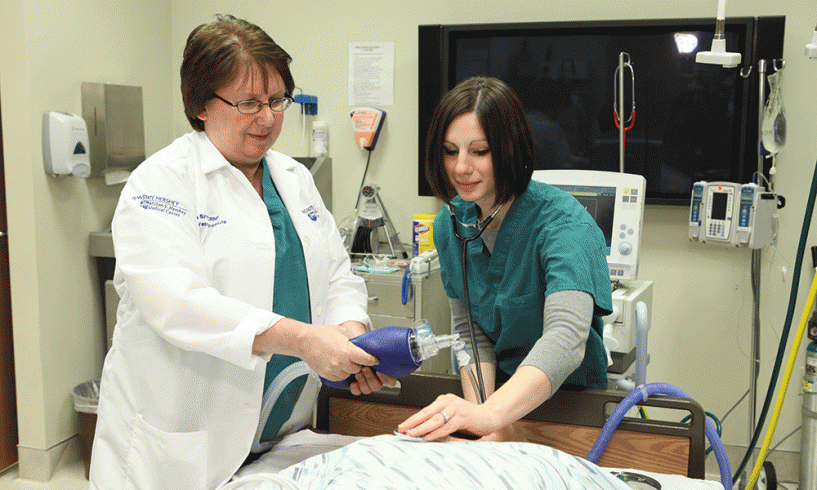Nurses have been the front line of health care since the time of Florence Nightingale. Beginning with Nightingale’s original pledge and continuing through the American Nurses Association’s Code of Ethics for Nurses, we have been conscious of our commitment to our patients and ethical practice. But what exactly do we mean by ethics?
Ethics and morals are often used interchangeably but can mean very different things. Ethics refers to principles developed from a set of standards that form the basis for our actions. Ethical principles of relevance to nursing include autonomy, beneficence, nonmaleficence, justice, and veracity. Morals refers to our personal beliefs, which may be different from those of our patients.
Consider the patient with respiratory failure who chooses not to be placed on a ventilator. Though an individual nurse may disagree with the decision from a moral standpoint, based on the ethical principle of autonomy, she will support and care for the patient. Ethics, not morals, guide our patient interactions.
As the complexity of health care increases, so too does the complexity of ethical decision making, and genetic testing is just one of these new areas. Since the completion of the Human Genome Project in 2003, genetic (science and genes) and genomic (DNA sequencing)health care has progressed rapidly. Our patients may believe that genetic testing can predict all disease, not understanding the limitations in our knowledge and the interactions of multiple genes. Genetics and genomics create new ethical issues related to privacy of genetic information, appropriateness of testing, accuracy of prognosis, and treatment based on genetic testing.
Nurses must be ready to face the challenge, both in a new aspect of clinical practice and the related ethical issues. As trusted patient advocates, our awareness of ethical principles guides us in helping our patients. When additional guidance is needed, your institution’s ethics committee is available for consultation.
As reported to Christine Bosley, BSN, RN, OCN®






